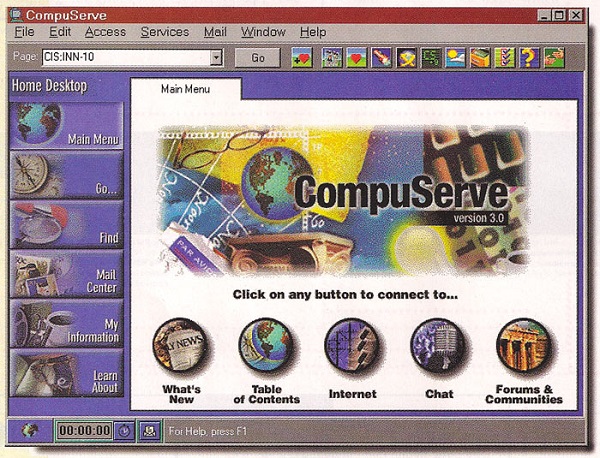Meet the members Council: George Homs
Digitisation is the game-changer for heritage. It facilitates access, but also enables an explosion of knowledge. At the Europeana Network Association, we have a unique forum for creating a broad coalition of stakeholders to make it happen.
My earliest experiences with museums and libraries date from school. As an teenager, I had the chance to visit places in Europe and satisfy my appetite for seeing things for myself. As a student in Political Science in Brussels, I spent the necessary research time at the libraries. My interest in archives only came later, when I started looking at family history and – in the process –began to delve into local and public history of places all over the world. I am 55 now, and I often wonder how much better my Master’s thesis (on foreign policy processes) would have been if I had had access to the digital resources of today. Back then, I had to work my way through index cards, mainframe terminals, and microfilm systems. During my thirty years in the international IT business, I participated in the proliferation of the personal computer, and was an early user of the Internet. I used Compuserve to discover the world!

This is how I discovered the Internet (don't forget the 56K modem!)
Would you agree that the emergence of the Internet-connected world coincides with an increasing preference for formal sciences and business studies – and an increasing neglect of the humanities? As if greater access to general knowledge made it less important to teach and debate it Instead of discussing what is ‘right’ or ‘wrong’, we should look forward. Heritage digitisation is a tremendous opportunity for the humanities to demonstrate its relevance through factual impact.
Two years ago, I joined the Europeana Network Association, as I saw it as a unique forum for encouraging new concepts. Digitisation enables us to ‘hardwire’ historical data and connect heritage with our modern world. Through the data, we can make heritage personally relevant to everyone. I recognise this idea in the proposed Time Machine FET Flagship. This consortium (supported by Europeana) seeks to apply advanced technologies to “big data from the past”. The challenge is to translate the outcomes into practical benefits – not only for research but for society-as-a-whole (a necessity to justify the funding). My own project at Memlinq fits well with these ambitions. It shares the same societal scope. But, we conceived it as a business project in order to enable fast execution and to garner the investments needed – without being hampered by public budgets and policy-makers.

The transformation of heritage via digitisation into practical uses requires more than technology or money. We need the enthusiasm from the general public and entice citizens to participate. We can achieve that by revealing how our collective past is personally relevant to them.
Having a business background can be useful on the council of the Europeana Network Association. I don’t have to deal with the realities that GLAMs live by (budget controls, administrative hassles, politics…). Allow me to exploit this luxury to come up with creative approaches that contribute to the realisation of Europeana’s objectives. At the Europeana Network Association, we have the opportunity to bring together not only our GLAMs, but also the creative industries, application developers, and business stakeholders that can make things happen. Digitised heritage is a game-changer for GLAMs. It helps them to re-invent their roles and expand from being places for preservation and curation towards meeting centres for knowledge creation. Through digitisation, they can go beyond the boundaries of their respective collections and disciplines.
Moving towards the first European Year of Cultural Heritage in 2018, these are exciting times for digitised heritage. I’m keen on working towards a broad and active coalition of forces within Europeana Network Association to support the vision and work by Europeana and its partners.
